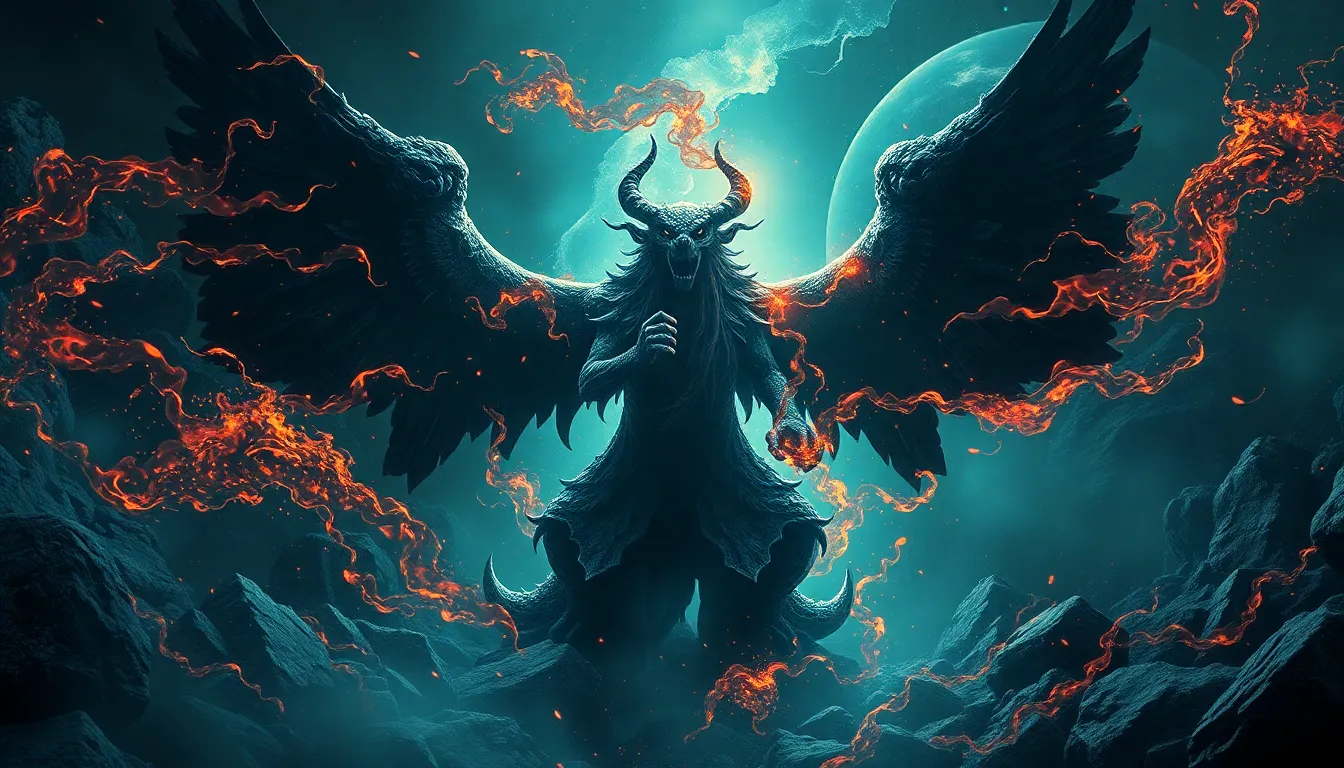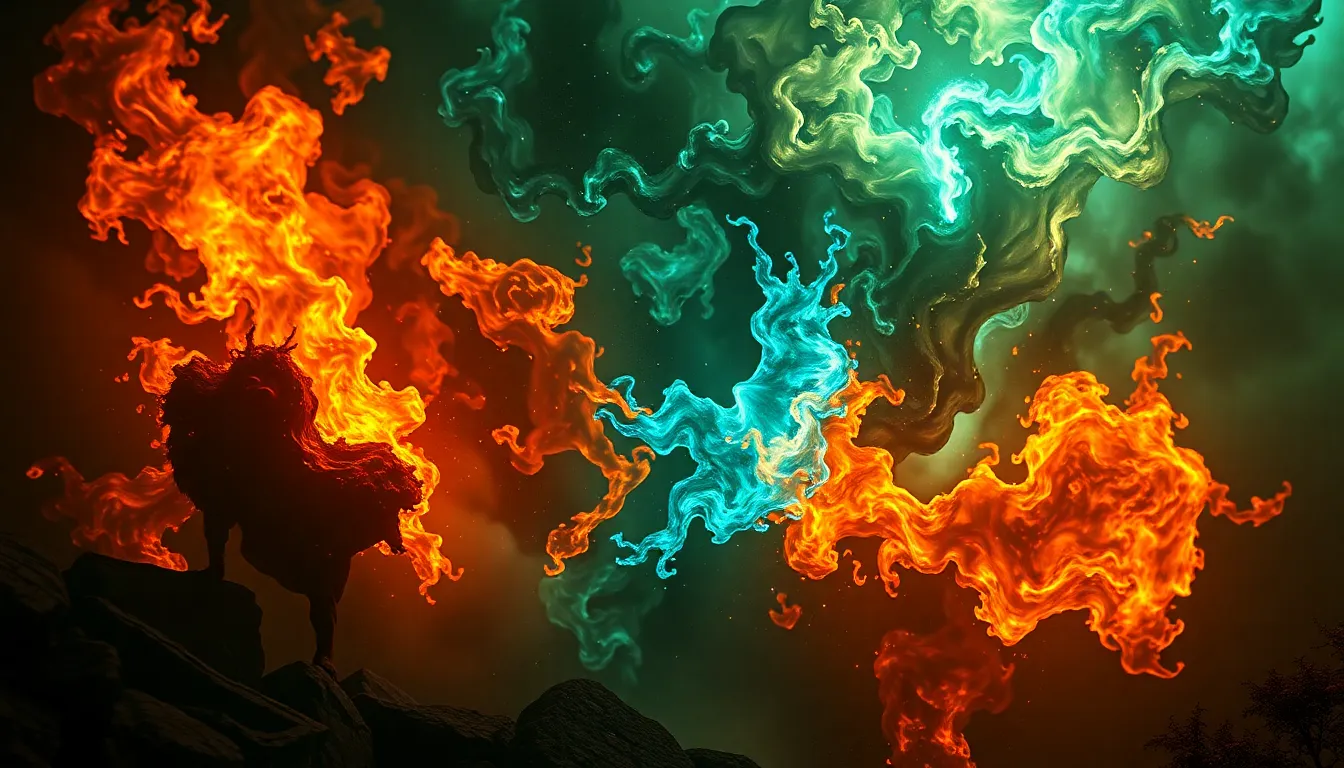The Cursed Crown: Power and Its Dark Side
Introduction: The Allure of Power
Power is a fundamental aspect of human society, influencing relationships, governance, and individual behavior. Defined as the ability to influence or control the actions of others, power holds significant weight across various spheres, from politics to personal dynamics. However, this allure comes with a dark underbelly; the metaphor of the “cursed crown” encapsulates the idea that the pursuit of power can lead to corruption, moral decay, and ultimately, downfall.
Historical Context: Cursed Crowns Through the Ages
Throughout history, numerous figures have illustrated the perilous consequences of wielding power. From Shakespeare’s Macbeth to the assassination of Julius Caesar, these narratives highlight how ambition can lead to tragic ends.
- Macbeth: A noble warrior turned tyrant, Macbeth’s lust for power leads to paranoia and violence, resulting in his demise.
- Julius Caesar: His rise to power was marked by betrayal and political maneuvering, ultimately leading to his assassination by those he trusted.
Moreover, dynasties have crumbled under the weight of their own power. The Roman Empire, for instance, faced internal strife and corruption that contributed to its eventual fall, illustrating how the very forces that elevate leaders can also bring them down.
The Psychological Toll of Power
Power’s psychological impact is profound and documented in various studies, notably the Stanford prison experiment, which showcased how quickly individuals could adopt abusive behavior when placed in positions of authority.
Power can:
- Alter perceptions, making leaders believe they are above others.
- Shift priorities, leading to self-serving decisions.
- Distort moral compasses, resulting in ethical compromises.
The intoxicating nature of power can lead individuals to rationalize actions they would have otherwise deemed unacceptable, showcasing its corrupting influence.
The Corruption Cycle: How Power Breeds Corruption
Power corrupts through several mechanisms, establishing a cycle that perpetuates unethical behavior. When individuals or institutions gain power without adequate checks and balances, they often become insulated from accountability.
- Isolation: Leaders may surround themselves with yes-men, creating an echo chamber.
- Desensitization: Exposure to power can numb individuals to the suffering of others.
- Entitlement: Those in power may begin to feel entitled to privileges, leading to exploitation.
These factors contribute to a culture of corruption, where unethical behavior becomes normalized, and the cycle continues.
The Dark Side of Leadership: Case Studies of Power Abuse
History is rife with examples of leaders whose abuse of power led to catastrophic consequences. Notorious figures such as dictators and corporate CEOs illustrate the peril of unchecked authority.
- Adolf Hitler: His totalitarian regime resulted in the deaths of millions and left a scar on humanity.
- Elizabeth Holmes: The founder of Theranos deceived investors and patients, highlighting corporate malfeasance driven by ambition.
These case studies reveal how the quest for power, when untempered by ethics, can lead to devastating outcomes for individuals and society as a whole.
The Impact of Power on Relationships and Society
The dynamics of power extend beyond individual leaders, affecting personal relationships and broad social structures. Power struggles can erode trust and collaboration, creating divisions within families, communities, and nations.
- Personal Relationships: Power imbalances can lead to conflicts, resentment, and emotional distress.
- Social Structures: Communities may fracture along lines of power, leading to systemic inequalities.
The ripple effects of these struggles can destabilize societies, leading to unrest and conflict.
Resistance and Redemption: Overcoming the Curse of Power
Despite the corrupting influence of power, there are individuals who have recognized and resisted its grasp. Ethical leaders and activists have emerged as beacons of hope, demonstrating that accountability and integrity can prevail.
- Malala Yousafzai: Advocated for education and women’s rights despite facing life-threatening challenges.
- Nelson Mandela: Worked to dismantle apartheid and promote reconciliation, emphasizing the importance of ethical leadership.
Strategies for cultivating such leadership include fostering transparency, promoting dialogue, and establishing systems of accountability that hold leaders responsible for their actions.
Modern-Day Implications: Power in the Digital Age
The digital age has transformed power dynamics, particularly through social media and technology. These platforms can amplify voices, but they also facilitate misinformation and manipulation.
- Social Media: The ability to influence public opinion can lead to power struggles among political leaders and corporations.
- Tech Giants: Companies like Facebook and Google grapple with the ethical implications of their power in shaping information access.
As power becomes more decentralized in the digital realm, the potential for both positive and negative outcomes increases, necessitating a vigilant approach to power management.
Philosophical Perspectives: The Nature of Power and Morality
The pursuit of power raises complex ethical dilemmas, discussed by philosophers throughout history. Machiavelli’s pragmatic approach contrasts with Nietzsche’s exploration of the will to power, both highlighting the multifaceted nature of authority.
Key philosophical questions include:
- Is power inherently corrupting, or does it reveal existing character flaws?
- How should individuals balance the pursuit of power with ethical considerations?
These discussions challenge us to reflect on our own motivations and the ethical implications of our actions.
Conclusion: Breaking the Curse of Power
In summary, the exploration of power reveals its dual nature: as a tool for influence and a potential pathway to corruption. From historical figures to modern leaders, the patterns of power highlight the need for accountability, ethical leadership, and a commitment to the greater good.
As readers, it is essential to reflect on our own relationship with power. Whether in personal interactions or broader societal roles, understanding the dark side of power can empower us to make conscious choices that foster integrity and accountability, ultimately breaking the curse of power.




